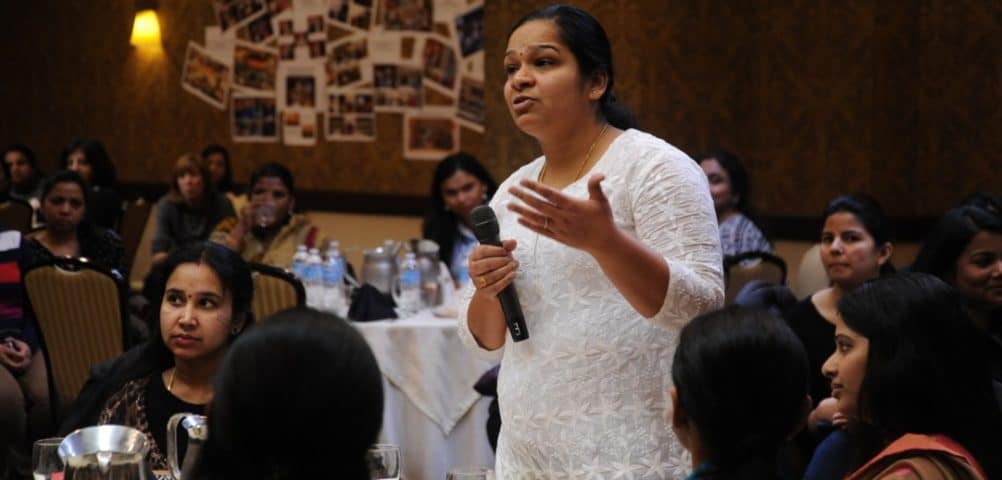Give Our Children the Skills They Need
We call it Connectivity.
Connectivity is a series of life skills that are essential in today’s workplace.
Without Connectivity, people and opportunities sail right past us.
Connectivity represents the Ability to fluidly and graciously connect with other people.
Connectivity includes the Ability to:
- Draw Healthy Attention to Our Value
- Give Others High-Quality Attention
- Ask the Right People for Help
Why is this so important?
As the rate of change has increased, being able to connect represents the difference between being happy and successful with one’s career rather than becoming a member of the underemployed.
Fortunately, Connectivity is learnable.
Learning these skills requires a bit of courage and discomfort. Consequently, these vital life skills are not taught in our schools. Some parents tell their kids not to do it or delay bringing up the topic as long as possible. Sadly, without these skills, the world doesn’t even know we are here.
As advancing technology pushes accelerating change, those of us who skillfully connect to the world around us find the most exciting business and career opportunities. There are plenty of them. But, disconnectedness drives many of us to work in obsolete jobs painfully.
A colleague and I made a presentation to a community organization that sponsors a prominent and successful charter school. The group gives a “student of the month” award. That morning it was to a junior high school student for her exemplary grades. The crowd applauded, and she refused to get up. Amid enthusiastic and positive praise, she was too afraid to walk to the podium and accept the award.
UCLA’s prominent behavioral scientist Bob Maurer tells us, “The most painful thing we can do to someone else, is to love them for their potential.”
For over 300 years, our educational culture has served the industrial revolution. We didn’t teach our kids how to draw attention to themselves; we pushed them to fit in. Instead of learning how to ask for the right kind of help, we taught kids to hold up their degrees as evidence they knew what they were doing. Now, degrees are obsolete as soon as the ink dries.
As for families, Alice Aspen March, a scholar that has devoted her life to illuminating attention, tells us of her research,
“The average American family communications seven minutes per day. Four of those minutes are consumed by correcting (arguing). That same family will watch TV for over three hours and at least an hour with screen time.”
Let’s take the young women who refused to stand up and look at her possible future. Her terrific grades get her into law school. She graduates expecting that law firms will line up to hire her. After all, her mother worked as an associate for years and made a great living.
However, technology has taken over those tasks that mind-numbing repetitive work. Legal Zoom offers the same results for a fraction of the cost. The one difference between those associates and the partners sitting in the corner office is that one of those groups learned how to bring in business and connect with leaders that gave them entry into an abundant future.
Before the pandemic, about half of our countries workers were underemployed. They held multiple jobs to make ends meet, worked in environments way below their educational level, and worried about a future that didn’t seem to have a place.
It is the single most significant source of the turmoil we see today.
Isn’t it ironic that we dismiss the very skills we need to succeed with two words:
“Soft Skills.”
Isn’t it more honest to call them courage skills?
Let’s be clear. Courage has nothing to do with fearlessness.
Courage is taking the necessary action whether or not we are afraid.
Kids don’t do what we tell them to do. They either follow or rebel against our example.
Perhaps this makes courage the most valuable skill of all.
Brought to you by David Harder, President – Inspired Work, Inc.
Schedule 15-Minutes to Discuss Your Workplace or Career with David (Here)
(C) Copyright, 2020, Inspired Work, Inc. – (All Rights Reserved)

